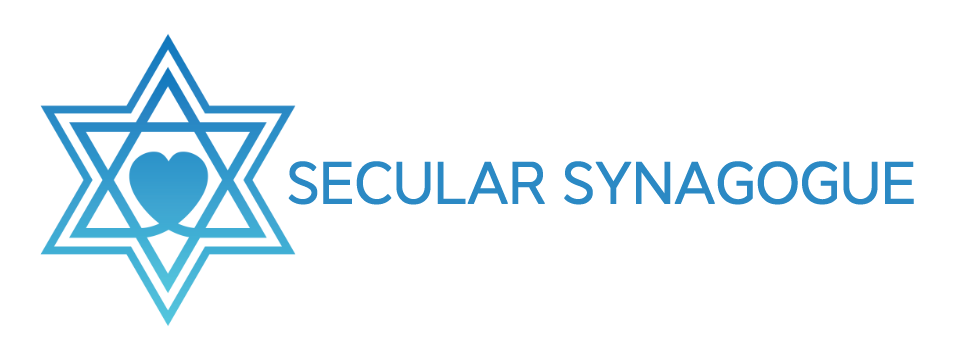Story and Slavery
We are seven weeks away from Passover which may seem like a long time but, in rabbinic time, is not long at all. I always think about this holiday and its significance for where we are now. The Passover seder is statistically one of the most practiced Jewish experiences of the year by people around the world. It is often the earliest memory for Jews of their Jewish experiences. And it’s often cited as the most meaningful holiday for people. The Exodus story — the biblical account and the retelling of the story in all kinds of ways (once we did a Star Wars themed version) — is the central story of Jewish culture.
Also, it isn’t true.
What does it mean that we tell and retell, and revere, and symbolize, and act out parts of a story that, archaeology tells us, did not happen?
Why and how did this story become so important in the first place? There are many answers but one that I find compelling is that the story was designed to create a sense of peoplehood; a narrative about what we have overcome together and, in the overcoming, formed a community and a nation.
Years ago at the HuJews teen conclave, a get together of teens from across the Humanistic Jewish movement, a wise youngster said “it doesn’t matter if the story is true. The fact that Jews make meaning from it makes it real.” I think about that line a lot. I care about the truth. My whole Jewish practice is based on saying words I believe in, not parroting words I disagree with. And, yet, I love Passover and the telling of the Exodus story. It isn’t true, but it’s “real.”
One of the reasons it is real is that we decide how we want it to inform our behaviour. Often Jews think of “slavery” and “freedom” as themes that guide our action. This was true when my Toronto Congregation sponsored our beloved family from Syria. We continue to support the family, trying to bring their sister and her family to Canada too. For that, we will mark a special International Refugee Shabbat in March. And in April, when Passover comes, I’ll be speaking with you about a modern-day slavery most of us would prefer to ignore.
This week I am attending a rabbinic training on human trafficking. Some say that there are more people enslaved today in the sex trade than in any other slave trade in history. It is a global crisis and is happening under our very noses. We can’t turn away anymore.
My Passover prep this year is to spend the next several weeks learning about this issue and figuring out how we can help. I hope you’ll join me. I promise to keep you in the loop! This might be the last you think of Passover for a while but, always, let’s be on the look out for justice, and try promote more freedom for more people.
